(NLDO) - Signs of an extraterrestrial sea that is 8% more salty than Earth's sea have just been identified by American scientists.
A research team led by Dr. Alex Nguyen from Washington University in St. Louis and Dr. Patrick McGovern from the Lunar and Planetary Institute (USA) found signs of a sea similar to a copy of the Dead Sea on the world that was once the "ninth planet" of the Solar System.
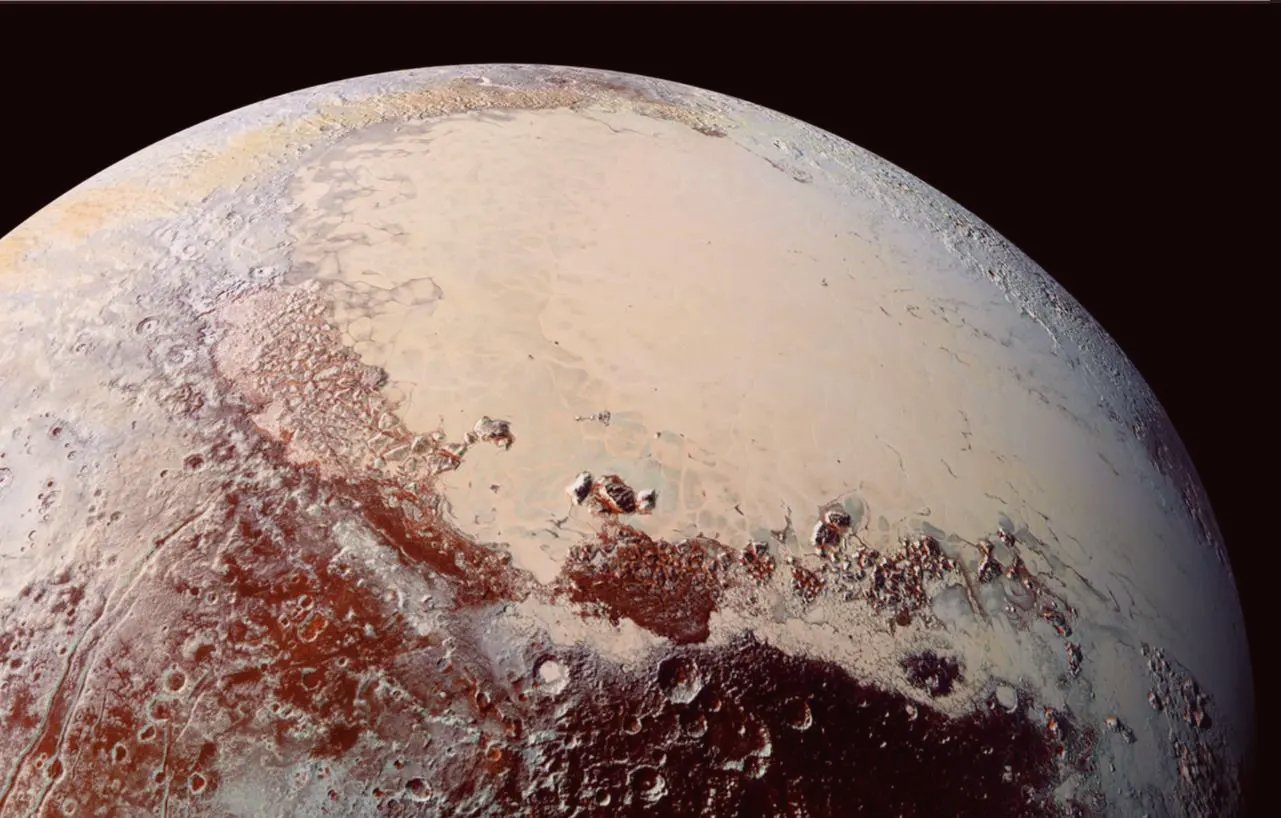
Deep beneath Sputnik Planitia of the "ninth planet" may lie an extremely salty ocean - Photo: NASA
That interesting world is Pluto, which was "downgraded" from planet to dwarf planet by the International Astronomical Union (IAU) in 2006, while NASA scientists insist that it deserves to be considered a planet.
In the new study, American scientists used data from NASA's New Horizons spacecraft.
Using mathematical models to analyze New Horizons' high-resolution images of Pluto, researchers are delving deeper into a suspected ocean buried beneath the dwarf planet's thick crust of nitrogen and methane.
Pluto's surface temperature is about -220 degrees Celsius, so cold that even gases like nitrogen and methane freeze solid, making it difficult for water to exist.
“It should have lost almost all of its heat soon after it formed, so basic calculations would suggest that it would have frozen to its core,” Sci-News quoted Dr. Nguyen as saying.
But in recent years, scientists have gathered strange evidence that suggests the celestial body may have an underground ocean. For example, it has cryovolcanoes that spew ice and water vapor.
Dr. Nguyen and Dr. McGovern's model targeted Sputnik Planitia, the western lobe of Pluto's famous heart-shaped icy field.
The area was the site of a meteorite impact billions of years ago. Analyzing cracks and bulges in the ice, they calculated that the ocean in this area exists beneath a 40 to 80 km thick layer of water ice.
Because it lies so deep, this ocean is accidentally insulated, and remains unfrozen.
Additionally, another factor that contributes to this non-freezing is salt.
Pluto's oceans are very salty, with a salt concentration 8% higher than Earth's oceans.
This ratio is almost equal to the Great Salt Lake in the US state of Utah, which is considered the Dead Sea of America.
Of course, Pluto's ocean is still not as salty as the Dead Sea, but it's still an interesting close replica, on a world where many people previously believed oceans didn't exist.
This density would explain the abundance of cracks seen on the surface. If the ocean were significantly less dense, the ice crust would collapse, creating many more cracks than are actually observed. If the ocean were much denser, there would be far fewer cracks.
The results, published in the journal Icarus, support NASA's hopes that the world is much more "advanced" than the dwarf planet and has much more to explore.
Some scientists even hope for a "loophole" for extreme life on this cold world.
For the most accurate answer, we will probably have to wait for further space missions aimed at the far reaches of the Solar System.
Source: https://nld.com.vn/ban-sao-bien-chet-xuat-hien-o-hanh-tinh-thu-9-196240522110619191.htm


![[Photo] Looking back at the impressive moments of the Vietnamese rescue team in Myanmar](https://vstatic.vietnam.vn/vietnam/resource/IMAGE/2025/4/11/5623ca902a934e19b604c718265249d0)




![[Photo] "Beauties" participate in the parade rehearsal at Bien Hoa airport](https://vstatic.vietnam.vn/vietnam/resource/IMAGE/2025/4/11/155502af3384431e918de0e2e585d13a)
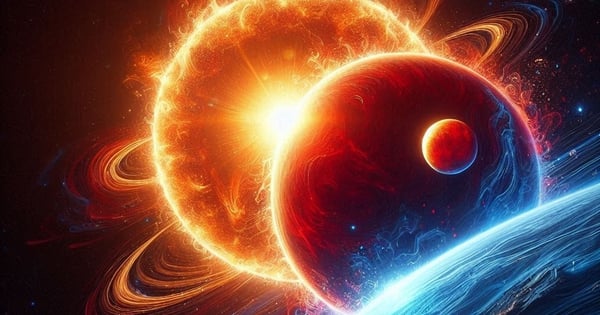



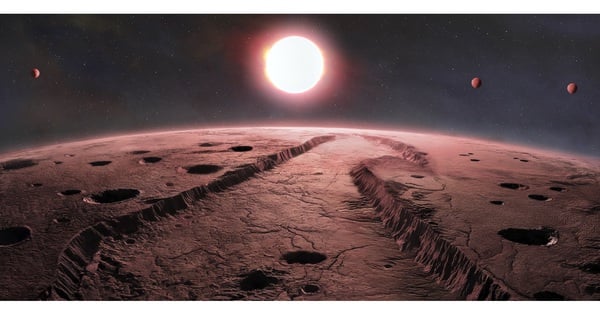
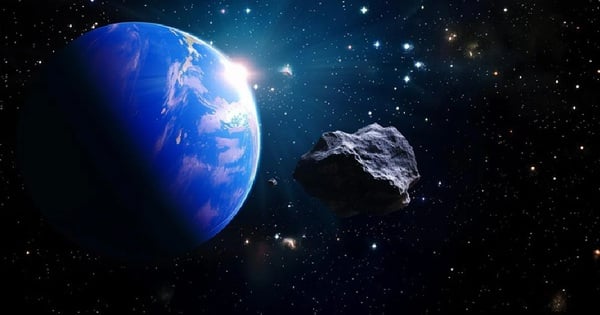
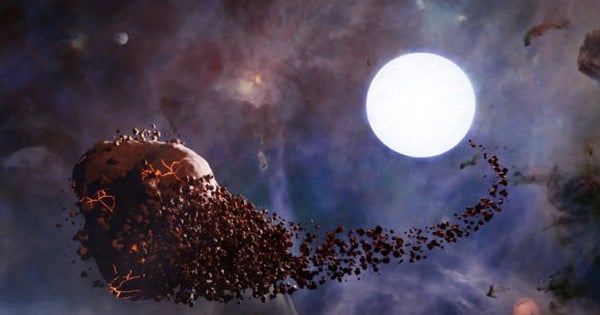















![[Photo] Summary of parade practice in preparation for the April 30th celebration](https://vstatic.vietnam.vn/vietnam/resource/IMAGE/2025/4/11/78cfee0f2cc045b387ff1a4362b5950f)




























































Comment (0)